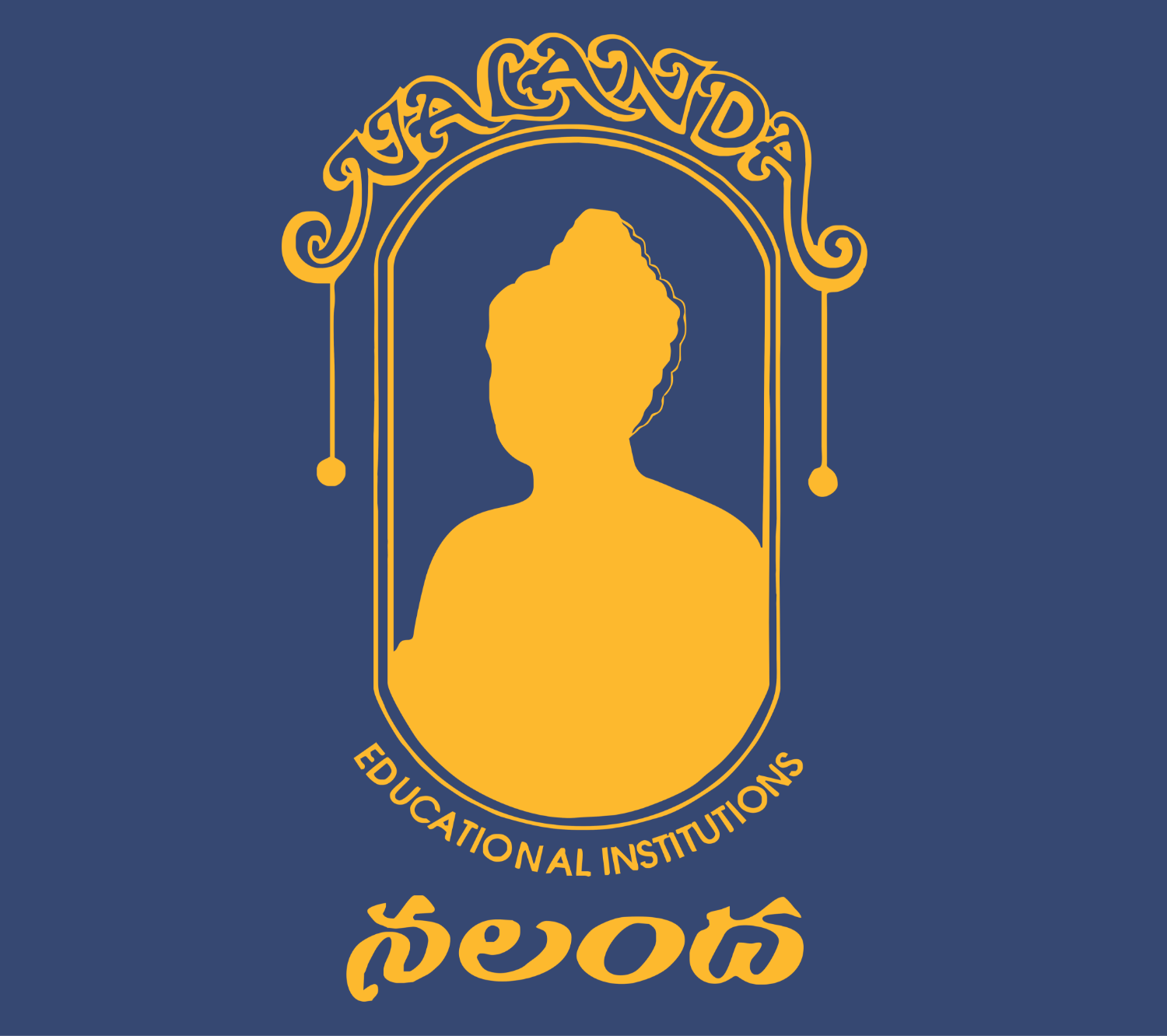India has an enormous constitution, and its rights unite all diverse cultures. Today, we stand in pride as we salute the epitome of our pride, the flag. The constitution is elite but is now known well to the citizens of India. Most importantly, the country’s students need to be made aware of their rights in the country. But why exactly do students need to know their rights? Let us know:
Why is it important for students:
Children are the most critical generation in the country. To create a better future for the country, nurturing students and their thinking, ideology, and creativity is extremely important. By increasing atrocities and problems for children, it is essential for students to know their rights and to fight against the unjust in society. Students in the future will represent the country from a global perspective, and to create competitive leaders of tomorrow, they must be educated about their fundamental rights today. The rights of students in India should be noted as an integral part of their education curriculum by schools all over the country.
TYPES OF RIGHTS FOR STUDENTS:
Right to equality (Article 14):
Students must know that one of the fundamental rights of all the citizens of the country is the right to equality. All citizens of the country are equal and should be treated with equal rights, respect and gratitude. Nobody is above the law, and nobody is entitled to special treatment unless stated by the law to do so. In educational institutions, students must know that everybody is to be treated equally irrespective of gender, caste, religion or region.
Right to information:
The right to information is another fundamental right entitled to all the country’s citizens. Students must know that they have the right to know about everything they are curious about relating to themselves or everything around them. However, in some cases of confidentiality, the information may not be deliberately shared with anyone. Still, otherwise, nobody can deny you information about your identity, your city or, for that matter, your country.
Right to education (Article 21A):
This is one of the most important rights that every child must know, especially in the country’s rural areas where children are not allowed to go to top schools. Every child must and should be educated irrespective of their region, caste, or religion. Children have a right to education. For children with low-income parents who cannot afford their education, there are various government schemes for this section of the country. These schemes make it a mission to educate all the country’s children. Children must know that they have the right to quality education.
Right to Life and personal liberty (Article 21):
In India, children are especially told to abide by the rules of society in ways that are beyond their understanding and are very unfair to them as a child. The students need to know that they have a right to Life and personal liberty. Students of the age group of 16-18 have their own opinions and perspective towards Life and need the freedom to lead a life for themselves on their terms and conditions. The students have the right to lead a life and have personal liberty.
Right to freedom of speech and expression (Article 19 (2)):
Everybody in this country is entitled to their opinions and perspectives on various matters. They are also entitled to the liberty to express their opinions in the open. However, these opinions should not offend an individual or a community of people. These opinions should also not be used to defame an individual, brand or organization. Besides these conditions, everyone has the right to freedom of expression and speech.
These five fundamental rights must be included in the educational curriculum of students in high school to make them aware of the golden rights of the students and citizens of India. Nalanda school, the best school in Hyderabad, has the best curriculum for students.
Read our latest article : Smart classrooms: A modern educational tool


Recent Comments